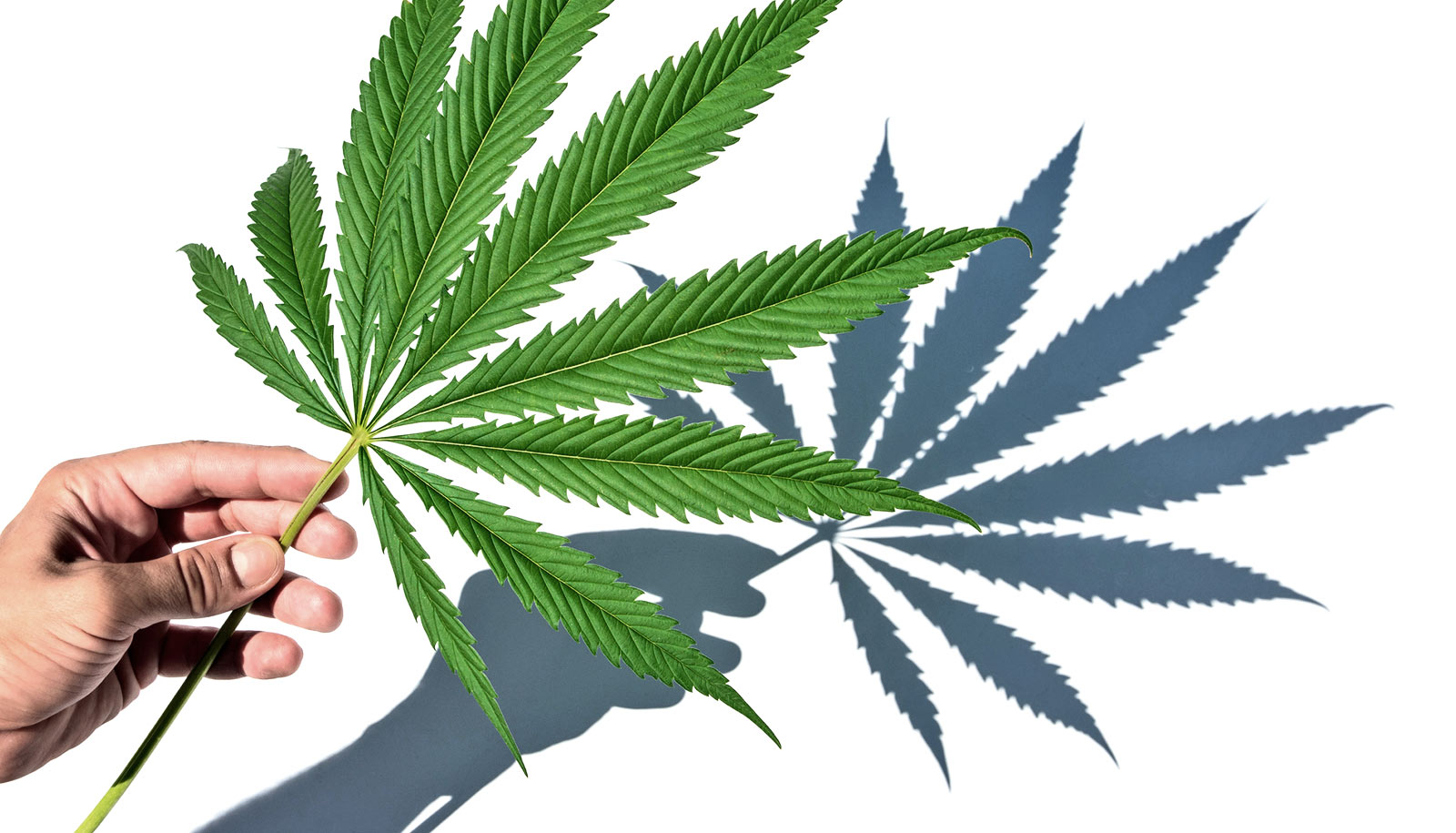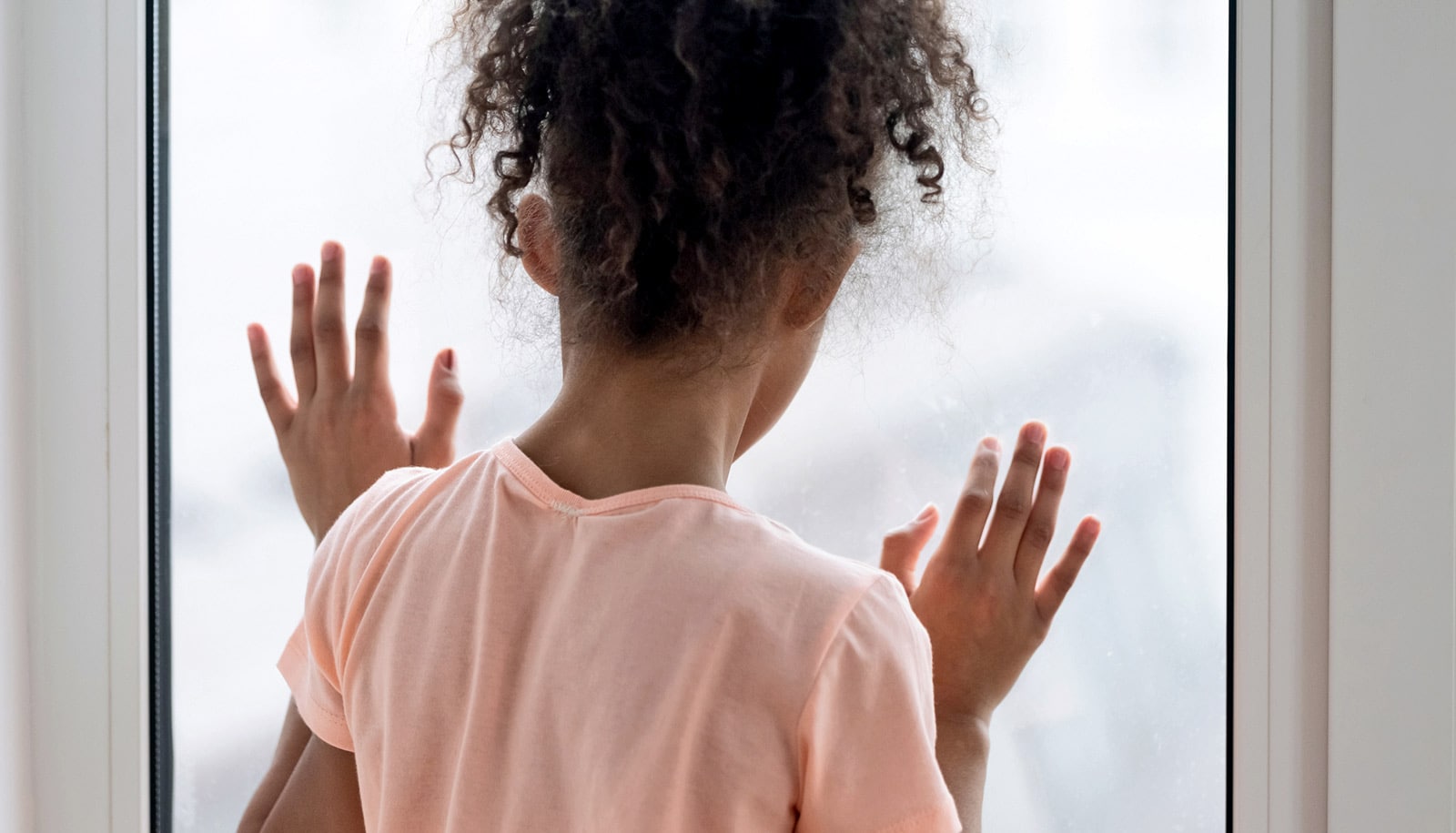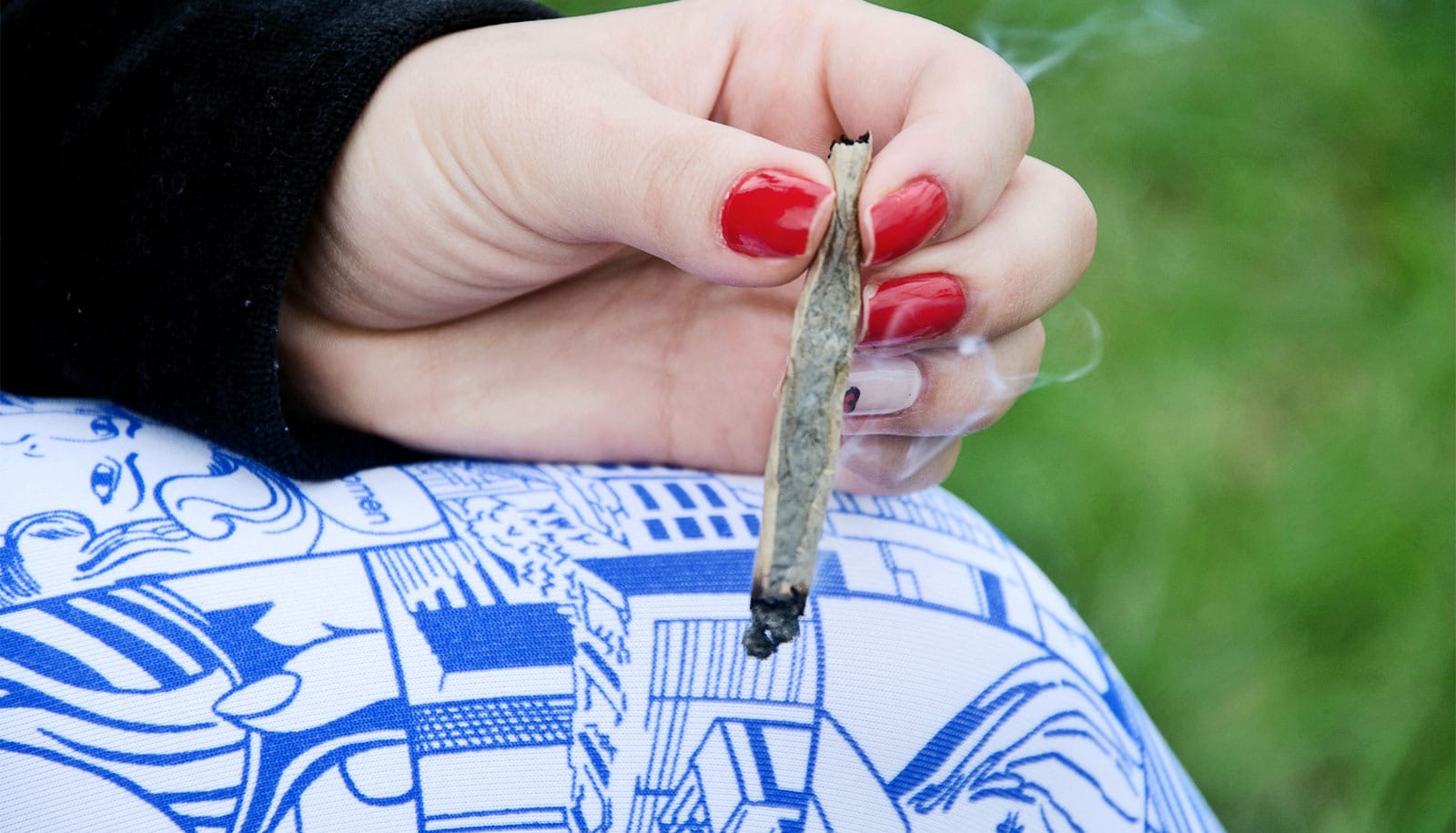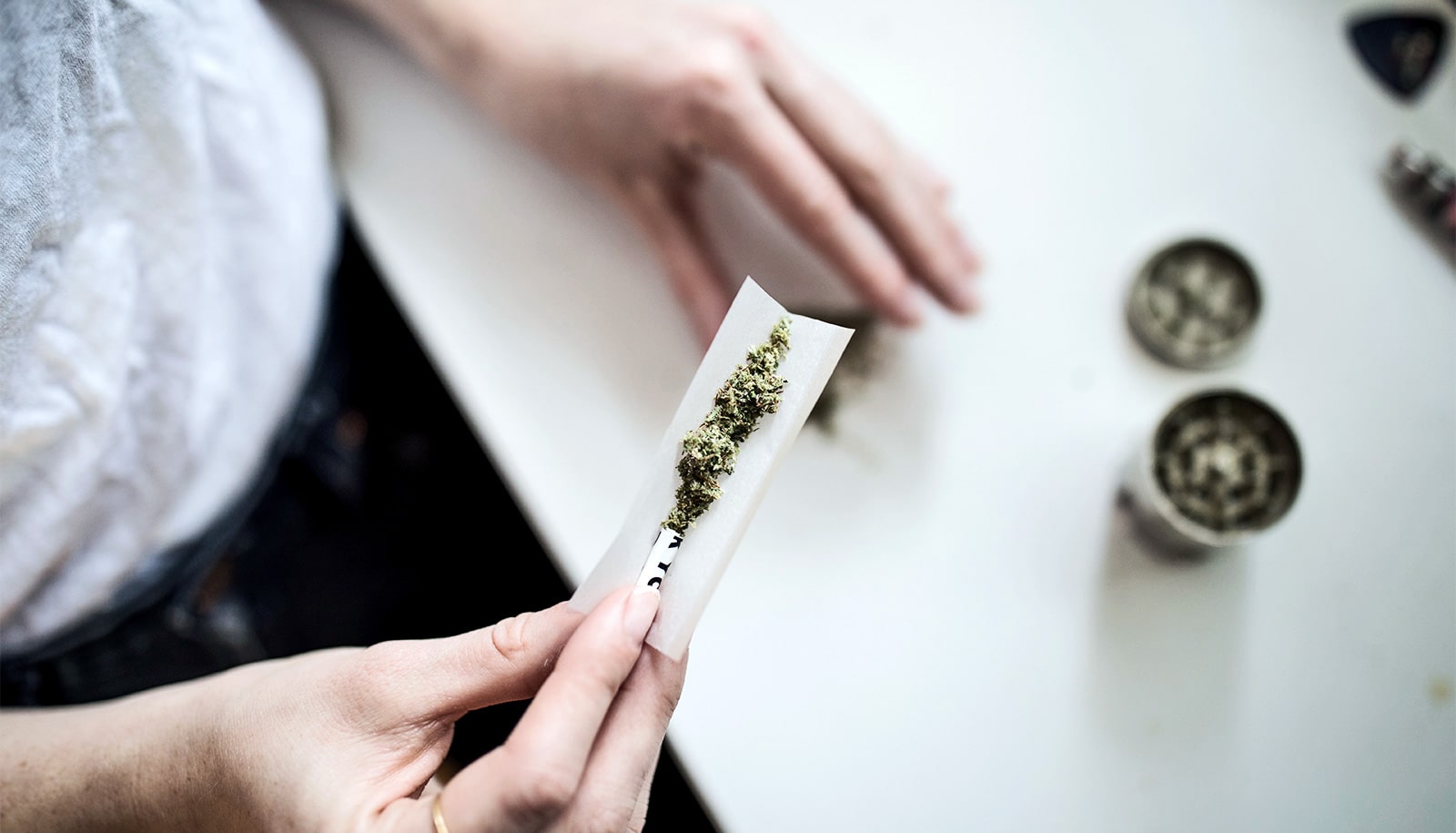The legalization of cannabis, without repealing certain policies, could widen gaps in health and social equity around pregnancy, a new commentary argues.
A number of states across the country have legalized recreational cannabis.
“This is the perfect time to consider repealing policies that criminalize pregnant women for substance use and instead focus on health education, treatment, and supporting research that will develop regulatory policies that protect the health of mothers and their children,” says Qiana L. Brown, an assistant professor at the Rutgers School of Public Health and Rutgers School of Social Work.
Brown is coauthor of a recent commentary in JAMA Network Open that discusses strategies to promote health and social equity among pregnant and non-pregnant women of reproductive age who use cannabis. The authors write that there’s a need for regulatory policies that protect women, infants, and children; inform women of risks; and ensure access to substance use treatment.
Here, Brown elaborates on the issue:
What do we know about the impact of cannabis use on maternal and child health?
Research is still developing in this area, but evidence suggests that cannabis use during and around the time of pregnancy is associated with poor maternal and child health outcomes. A US Surgeon General’s advisory, the American College of Obstetricians and Gynecologists, and the American Academy of Pediatrics, for example, advise against cannabis use during pregnancy and lactation, but many pregnant women remain uncertain about the harms of prenatal cannabis use and seek out information from peers and online communities.
Additionally, many cannabis retailers tout cannabis as a safe, natural, and effective way to manage pregnancy symptoms, which is contrary to public health recommendations.
How might cannabis legalization impact existing maternal and child health disparities and social inequities?
Consider low birth weight, for example. Disparities in low birth weight between Black and non-Black infants are well documented and prenatal cannabis use can potentially exacerbate these disparities.
If, like tobacco and alcohol outlets, cannabis dispensaries open disproportionately or market more heavily in lower-income, Black communities (creating an inequitable distribution of risk factors), disparities in low birth weight may be further exacerbated. Essentially, cannabis use legalization may indirectly increase disparities in low birth weight through increases in prenatal cannabis use, especially in areas where there is more advertising, and the density of cannabis dispensaries is higher. Research is needed to examine these pathways.
In terms of social equity, child welfare laws have not kept up with cannabis legalization. Punitive laws and policies criminalizing prenatal substance use and the discriminatory manner in which they are implemented may increase cannabis-related social inequities. For example, Black women are more likely than white women to be reported to Child Protective Services for prenatal substance use, even when there is no difference in their substance use status.
We have to ensure through equitable, evidence-based policy and practice that cannabis use legalization doesn’t worsen this inequity—especially as more women, particularly Black women, use cannabis during pregnancy as a function of cannabis use legalization.
The American College of Obstetricians and Gynecologists has been advocating to repeal laws and policies that criminalize prenatal substance use, but many states still consider prenatal substance use grounds for the termination of parental rights. Women in general, and Black women in particular, may also underreport cannabis use or avoid seeking prenatal care due to fears about losing their parental rights, especially in states where prenatal substance use is considered to be child abuse. This can lead to worse pregnancy outcomes and missed opportunities for prenatal care and education on substance use prevention and treatment. Even when women choose to disclose their cannabis use, inequities in repercussions for honest disclosure may remain.
With cannabis legalization extending across the United States, research on the best policies to protect health and social equity and to minimize harm to maternal and child health is critical.
How do we move toward health and social equity for women of reproductive age who use cannabis?
As cannabis legalization unfolds in New Jersey and other states, now is the time to reform antiquated policies that criminalize prenatal substance use in favor of focusing on protecting the health of mothers and their children.
Improvements in primary prevention and education are vital, but also necessary are equitable legal and regulatory policies that protect infants and children, inform women of risks, and ensure equitable access to supportive and non-punitive substance use treatment.
Source: Rutgers University



